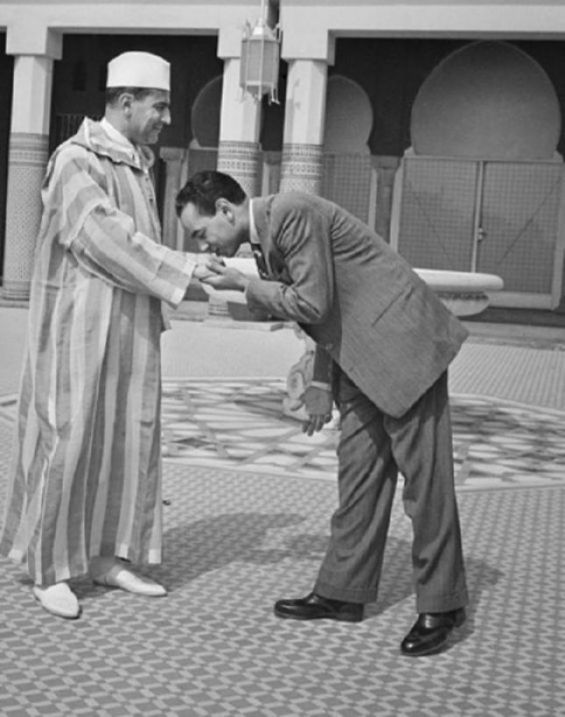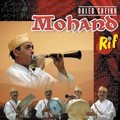Morocco is commemorating, Tuesday, the 63rd anniversary of the Revolution Day, commonly known as the King and People's Revolution Day. The holiday is celebrated annually with a speech by the Head of State to recall the 20th of August 1953, when the French, who were occupying Morocco at the time, forced Mohammed V and his family into exile in Corsica.
It is also an opportunity to remember the efforts made by Sultan Mohammed Ben Youssef in countering the occupying forces. The feast recalls the fight against the French and the voices that demanded the return of the exiled sultan as well.
But instead of recalling what led to the sultan’s exile and his relationship with nationalists, in which circumstances this holiday was created ? In 1956, a few months after Morocco broke free from the French, the royal palace maintained a very good relationship with nationalists.
Celebrating a union
It is in this context that the two political actors in Morocco, namely the Palace and nationalists, agreed to devote a day to the celebration of their union. And as August 20, 1953 was the real trigger behind the armed struggle against the occupying forces, it was the perfect day. Nationalists agreed on this date.
But there were a few details to think of to give this holiday a practical meaning and a symbol that «would refer to both the King and the People». Both parties agreed to share roles: thus, and almost on an equal footing, the Sultan and a representative of the nationalist movement delivered two speeches on August 20th. This balance lasted only for a few years before being completely forgotten.
«This format was the result of discussions held in 1956 and which lasted for a whole night at the Palace in Oualidia, where His Majesty King Mohammed V, Crown Prince Moulay Hassan and a representative of nationalists and the Moroccan Army of Liberation, Dr Abdelkrim El Khatib and I met», political activist Mohamed Basri told French magazine Jeune Afrique in July 1987.
In December 1999, in his memoirs broadcast on the Al Jazeera channel, Fqih Basri revealed that during that night, it was decided that each speaker was free to choose the theme of his message without having to inform the other part.
This agreement allowed the founder of the National Union of Popular Forces (UNFP) to take the lead and be considered the «second highest-ranked personality» in Morocco behind King Mohammed V, before falling from grace. He will even end up taking up arms against the monarchy and be set on the path of exile under the reign of King Hassan II.





 chargement...
chargement...













